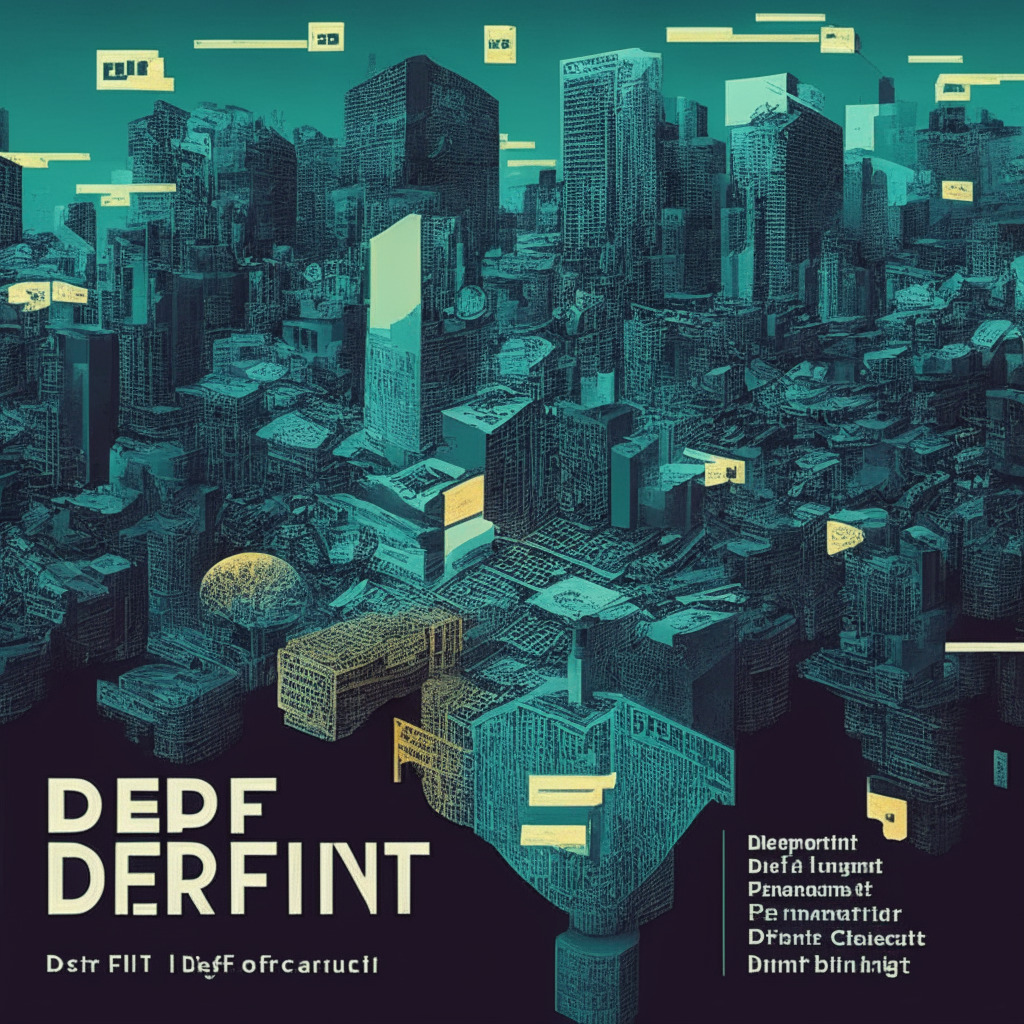On May 30, Japan’s largest airline, Air Nippon Airways (ANA), launched an aeronautical-themed nonfungible tokens (NFTs) marketplace in collaboration with its subsidiary ANA Neo. Known as the “ANA GranWhale NFT Marketplace,” the platform’s inaugural collection was created by aerial photographer Luke Ozawa. This marks yet another significant player entering the blockchain space, as ANA generated revenues of $12.2 billion in its last fiscal year.
The ANA GranWhale NFT Marketplace aims to enhance the value of customer experiences and expand its NFT product line in the future. Interestingly, the development of ANA Neo’s Gran Whale began back in August as a virtual travel platform that utilizes technology, such as VR, to recreate destinations and cultures of the world through metaverse parks. The goal of this venture is to embrace Web 3.0 and metaverse travel, symbolized by the fusion of the virtual and the real in ANA GranWhale’s logo.
But is this move just another hype-driven attempt to cash in on the booming NFT industry, or does it signal a more profound shift within the aviation and travel industries? Some critics argue that this is nothing more than clever marketing aimed at riding the latest NFT wave while it lasts. Others, however, highlight the importance of digital assets and how they serve as unique pieces of memorabilia or collectibles for the airline’s loyal customer base.
Likewise, this move raises questions about the long-term value of NFTs in the travel industry. Some argue that NFTs have vast potential in enhancing the overall travel experience by offering digital representations of once-in-a-lifetime memories, unique destinations, and rare travel merchandise. On the other hand, critics point out that NFTs are still a relatively new and unproven technology, with unclear practical applications in the travel industry.
Furthermore, the entrance of a major airline into the blockchain space may raise concerns about security and regulation, especially when dealing with sensitive data linked to customers and their travel experience. The NFT marketplace infrastructure must be robust and reliable to ensure trust and confidence among the user community.
In conclusion, the launch of ANA’s NFT marketplace is undoubtedly a move worth watching closely, as it may signal the beginning of a new era in the aviation and travel industries. Whether the ANA GranWhale NFT Marketplace proves to be an effective and promising venture, or just another short-lived fad, only time will tell.
Source: Cointelegraph




